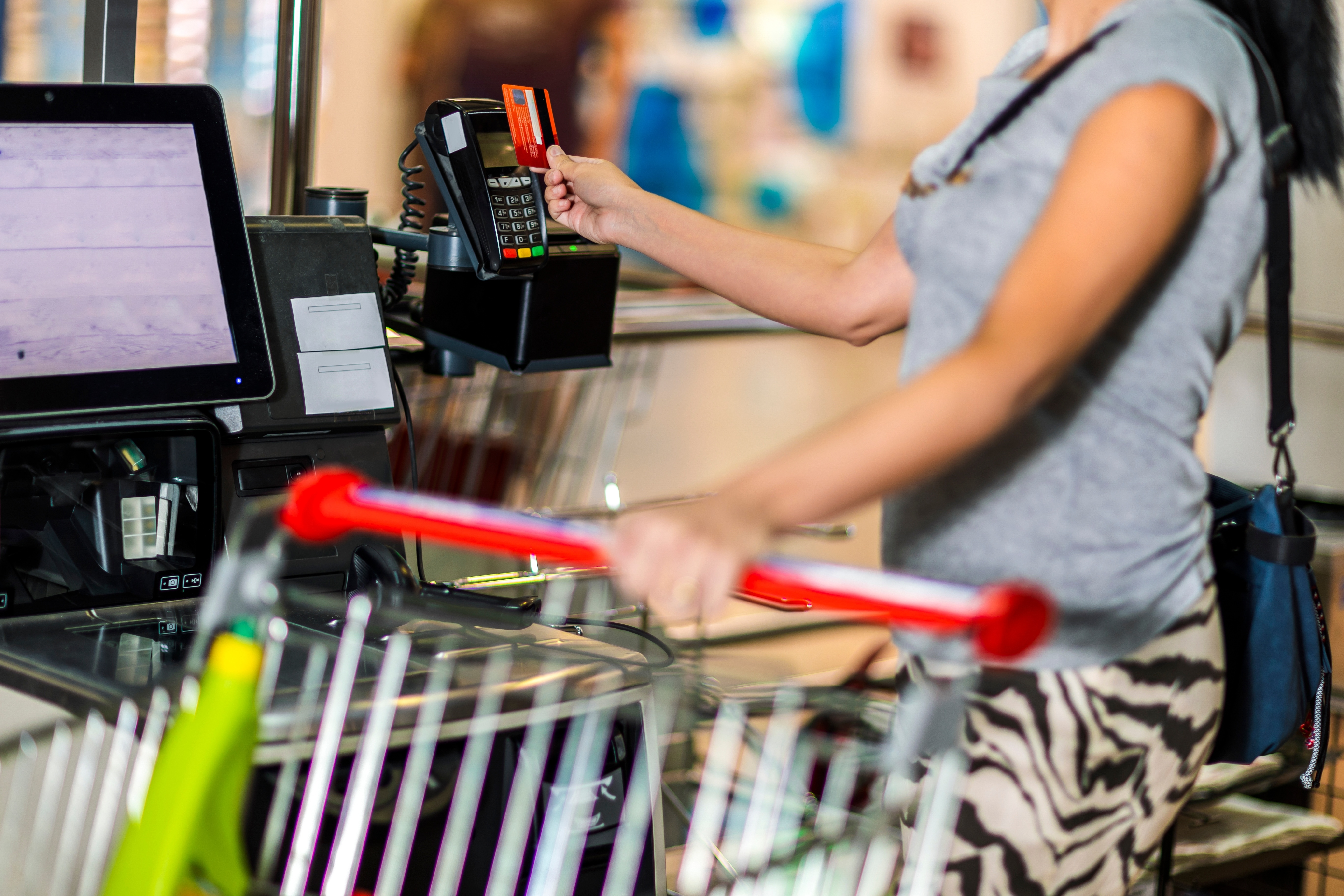The rise of self-checkout systems has increased the need for effective fraud detection in retail. It is crucial to ensure that all items are paid for without disrupting the customer experience. To provide valuable insights on reducing fraud through innovative detection solutions, we turned to Peder Herborg, our CTO of Innovation and Development at Fiftytwo, and Trinh Le-Fiedler, CEO and Co-Founder of our partner, Nomitri, a deep-tech company specializing in AI-driven visual recognition solutions.
The growing need for fraud detection in self-checkout systems
As more retailers implement self-checkout solutions to streamline operations and enhance the customer experience, ensuring that all items in customers' shopping carts are paid for becomes increasingly important.
"We know that fraud is less likely when the customer is 'known.' At the checkout, they are met by another person, and if they pay via an app solution, familiarity makes them more likely to scan all items thoroughly. This is not the case with self-checkout, where you do not identify yourself in the same way when shopping. Thus, the risk of 'forgotten' items increases," says Peder Herborg
However, deliberate forgetting of items accounts for only a small portion of customer fraud, and most often, it is unintentional mistakes that result in items not being paid for.
"Fundamentally, people are prone to making mistakes. And when you ask them to do more, like with self-checkout, the number of errors also increases. Our experience shows that in most cases, customer fraud is due to forgetting to scan an item or thinking it has already been scanned," explains Trinh Le-Fiedler.
Current and future fraud detection solutions
Currently, fraud detection at unattended checkouts typically involves either random spot checks or self-service checkouts with weight systems. Both methods have drawbacks: random spot checks can be time-consuming, while weight systems are rarely accurate and require a lot of maintenance.
A new way to detect fraud is through AI. Nomitri is developing visual AI solutions that use cameras to recognize the items customers pick up at the checkout, thereby automatically monitoring whether everything is being scanned. If a customer forgets an item – either intentionally or unintentionally – it is detected immediately.
Balancing fraud detection and customer experience
At Fiftytwo, we develop point-of-sale systems for some of the largest retail chains. These systems are coded and tailored to customers' needs, but often, the first task is to challenge the customer on where the balance between control and customer experience should lie.
"It's about determining how often checks should be conducted, how extensive the checks should be – and with new technologies – when in the payment process the checks should occur. If you have already filled four shopping bags, it is an ungrateful process for both the employee and the customer to check if everything has been paid for – even though it would be the most effective way to prevent fraud. These are the considerations we try to initiate with customers when discussing the development and customization of POS systems," says Peder Herborg.
"Fraud detection should minimize fraud without becoming a burden for customers, employees, and store operations. If these considerations are taken into account, the result will be much better in the end."
Leveraging AI for effective fraud detection
AI-powered fraud detection systems can significantly enhance the efficiency of self-checkout systems. These tools can identify anomalies in a customer's checkout process, flag suspicious transactions, and alert staff to potential issues. This approach reduces both deliberate and unintentional fraud without disrupting the customer experience.
By integrating AI technology and leveraging deep retail expertise, Fiftytwo and Nomitri deliver robust solutions to prevent fraud in self-checkout systems, ensuring a seamless shopping experience for customers while safeguarding business operations.




